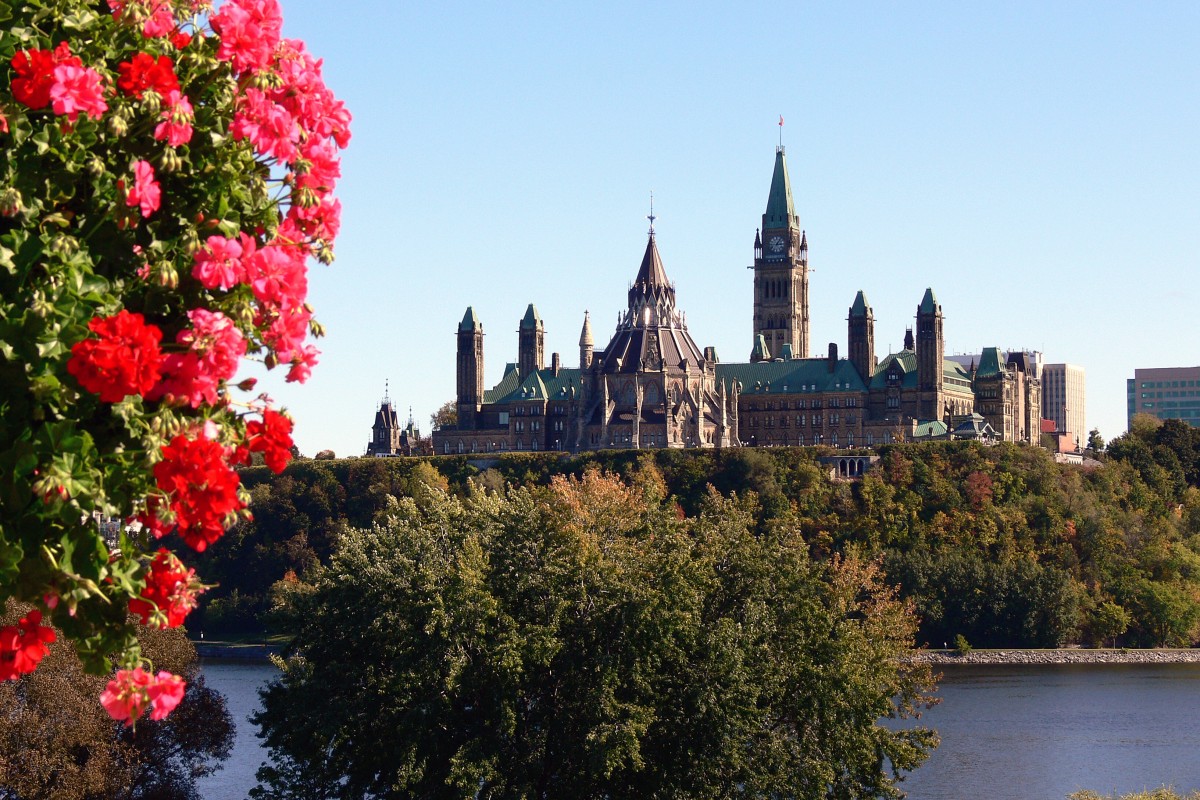7.2 Examples of Decriminalization
Some version of drug decriminalization exists in over 30 countries around the world (IDPC, 2022). Although most of these efforts at decriminalization are a product of the twenty-first century, decriminalization is not a new policy. For example, in 1976, the Netherlands introduced a decriminalization framework that made possession and supply of soft drugs (e.g., cannabis) the lowest priority for police and prosecutors, and permitted the possession of single doses of harder drugs (Rosmarin & Eastwood, 2012). During the 1970s, 11 US states adopted cannabis decriminalization, making the possession of small amount of cannabis for personal use a non-criminal offence (Mooney-Scott, 2010). This section outlines some key aspects of drug decriminalization in Portugal, Oregon and the USA, and Canada.
Portugal

In 2000, Portugal decriminalized the possession of all drugs for personal use (Greenwald, 2009). Since then, drug possession/use is no longer treated as a criminal offence (Transform Drug Policy Foundation, 2021). However, if the police find someone in possession of a drug, the substance is confiscated and the person is referred to a panel of experts, known as Commissions for the Dissuasion of Drug Addiction (CDT). CDTs have the power to impose fines and refer PWUS for treatment services (Transform Drug Policy Foundation, 2021; Greenwald, 2009). In addition to decriminalizing drug possession, Portugal also implemented and expanded programs aimed at helping people experiencing substance use disorders (SUDs) (Greenwald, 2009) and has moved to an evidence-based approached to drug education (Transform Drug Policy Foundation, 2021). Click the link below to learn more about how Portugal successfully tackled its drug problem.
VIDEO: How Portugal Successfully Tackled its Drug Crisis
Outcomes of Drug Decriminalization in Portugal Include:
- A reduction in drug-related deaths.
- Low levels of drug use, consistently below the European average.
- A substantial decline in the number of people in prison on drug-related offences.
- Declining HIV diagnoses linked to drug use.
- The expansion of treatment and harm reduction services.
Oregon & USA

In November of 2020, Oregon became the first state in the US to vote to decriminalize the possession of all drugs (Transform Drug Policy Foundation, 2021; DPA, 2021; Lopez, 2020). Oregon’s approach has also encouraged other states to follow their lead. A number of States have introduced bills or launched campaigns to both remove criminal penalties for drug possession and increase access to health services (e.g., Washington, Massachusetts, Vermont, Maine, New York, Rhode Island, Maryland, Kansas, and the District of Columbia) (DPA, 2021).
VIDEO: Oregon’s Drug Decriminalization Law Takes Effect
The following video provides an example of how decriminalization policies can be implemented to increase access to treatment options.
Canada

Decriminalization is not strictly limited to the personal possession of illicit drugs, but also extends to legal exemptions from criminal charges in situations where a person may normally be charged. The Canadian Good Samaritan Drug Overdose Act (2017), for instance, provides protection to people who call 911 in the event of a drug poisoning (overdose), even if the person making the call has consumed and/or is in possession of an illicit substance (Moallef et al., 2021). Other examples of exemptions in Canada include safe injection sites/safe consumption sites (SIS/SCS) (See Chapter on Harm Reduction), where drugs can be tested prior to use, and Narcan is readily available in the event of drug poisoning (overdose) (WHO, 2021).
Currently in Canada, in response to the opioid crisis and the rate of toxic drug poisoning (overdose) deaths, there is a push to decriminalize the possession of small amounts of all controlled substances. The recommendations of the Health Canada Expert Task Force on Substance Use (2021) support this position. The Canadian Drug Policy Coalition’s (CDPC) 2022 report, Decriminalization Done Right, goes even further in their recommendations, calling for the full decriminalization of not only possession for personal use, but also sharing and/or selling in certain circumstances (i.e., for subsistence, to help with costs associated with personal use, and to ensure a safe supply) (CDPC, 2022).
Click the links to learn more about recommendations for decriminalization in Canada:
Decriminalization Done Right: A Rights-Based Path for Decriminalization Policy (Read Executive Summary Pages 2-4).
Report #1: Recommendation on Alternative to Criminal Penalties for Simple Possession of Controlled Substances (Read Executive Summary Pages ii-iii).
VIDEO: Canada’s Police Chiefs Call for Decriminalization of Drug Possession for Personal Use

